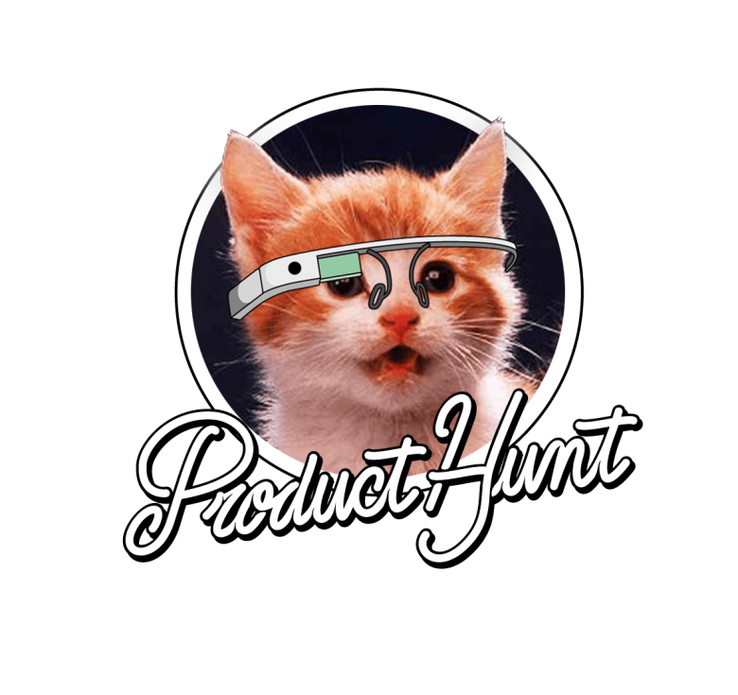
Soon, I had a couple hundred subscribers and people started coming up to me to talk about how much they enjoyed getting the email every day. I didn’t market it heavily, but people seemed to like it right away. “They worked at startups, or were just people I knew. “I created this collaborative list called Product Hunt and invited maybe a couple dozen people I knew to join,” says Hoover. He chose email to run this test, partially because it was easy to execute (thanks to link-sharing tool Linkydink), but also because it had the potential to snowball fast. With this explanation in hand, Hoover set out to test whether others would embrace this type of resource. But Hoover was able to explain why this niche was compelling for busy people who wanted to get all the information they needed in one place. It was a niche that many might have overlooked. It was one, clear, simple list that would allow people to skim through or dig deeper as they wished. It wasn’t overrun by commentary or fragmented across multiple sites. It wasn’t part of a broader tech community. Initially, Product Hunt was shaped by what it wasn’t. There was no one place for these types of conversations." I wanted some sort of curation - a way to find all of the cool new things that the startup community would find interesting. "I looked at things like Kickstarter, but that site was limited to products running crowdfunding campaigns, and others had other limitations. He started thinking through prospective competitors for this type of platform. “What there wasn’t was one platform-agnostic destination for all of it,” he says. There seemed to be many places to go to find this type of information - too many places. A lot of people would ask him what he thought of new things on TechCrunch, Hacker News, Reddit and Twitter. The idea for Product Hunt surfaced when Hoover realized how much time he was spending talking about new tech products and gadgets with friends. In this exclusive interview, Hoover shares the tactics startups can use to capture attention early and build on it for success. Product Hunt may have started as an experimental side project, but in many ways its rise was keenly manufactured. Founders are using it as a launch pad, investors as a hunting ground, and many others just to stay in the know. The result is a daily top 10 list of what people should be paying attention to across the industry. Every day, it curates a list of the top products and startups that people haven’t heard of yet and lets a widening yet select group of members upvote, comment and discuss. Product Hunt is now the place to discover the“next big things” in tech. Suddenly, Hoover has found himself a tastemaker with a very high-powered audience. And the company announced that it's part of Y Combinator’s current class of startup starlets. It’s become a known quantity in the media and among influencers.

Kicked off in November 2013, Product Hunt has seen rapid hockey-stick growth. He couldn’t have anticipated what was to come. Its founder, Ryan Hoover, was the Director of Product at gaming company PlayHaven and an active blogger, attracting a loyal but modest following. In early 2013, Product Hunt didn’t exist.


 0 kommentar(er)
0 kommentar(er)
